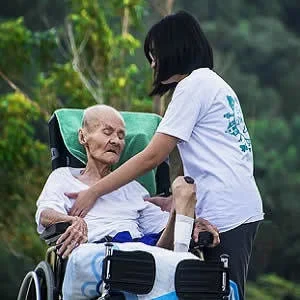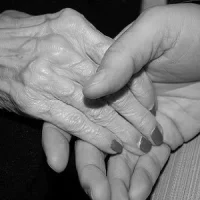Research presented at Euroanaesthesia Congress in Geneva shows that frail patients are twice as likely to die in the year following admission to critical care and are also more likely to need nursing home care after discharge from hospital as compared to patients who are not frail.
Frailty is quite common and affects 1 in 10 people over the age of 70. People who are frail are not disabled but they do have reduced strength and endurance and often find it difficult to conduct their daily activities. While frailty has been linked to earlier death, poor function and increased hospitalisation, its role in critical condition was still unclear.
During this study, Professor Gary Mills from the University of Sheffield, UK and colleagues analysed data over a 3-year period for 7,732 adults aged 17 to 104 years old who had been admitted to critical care departments. Researchers measured the effect of frailty on the risk of death in the year after hospitalisation. Patients were also assessed for changes to residence and differences in dependency both before and after hospital admission. Using the Rockwood fraily score, 1726 patients were considered to be frail with an average age of 72.5 years.
Findings showed that approximately 40% of frail patients died within one year of admission as compared to 15% of non-frail patients. Even after accounting for factors like age, comorbidities and number of organs supported during care, frail patients had twice the risk of dying in the year after admission to critical care as compared to non-frail patients. They were 2.5 times more likely to need institutional care and become more dependent after hospital discharge.
The authors conclude: "Our findings suggest that being frail is associated with poorer outcomes after critical illness and this could affect decision making regarding appropriate care by patients. This study should trigger further research and quality improvement efforts aimed at improving the care and outcomes of the growing population of frail patients with critical illness."
Source: ESA
Image Credit: Pixabay
Latest Articles
Critical Care, #ESAGeneva, Frailer Patients, nursing home care
Research presented at Euroanaesthesia Congress in Geneva shows that frail patients are twice as likely to die in the year following admission to critical care and are also more likely to need nursing home care after discharge from hospital as compared to










